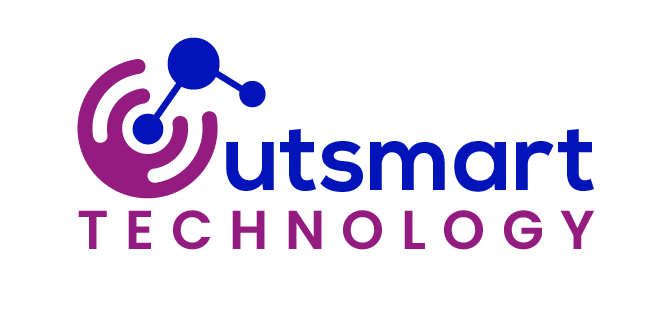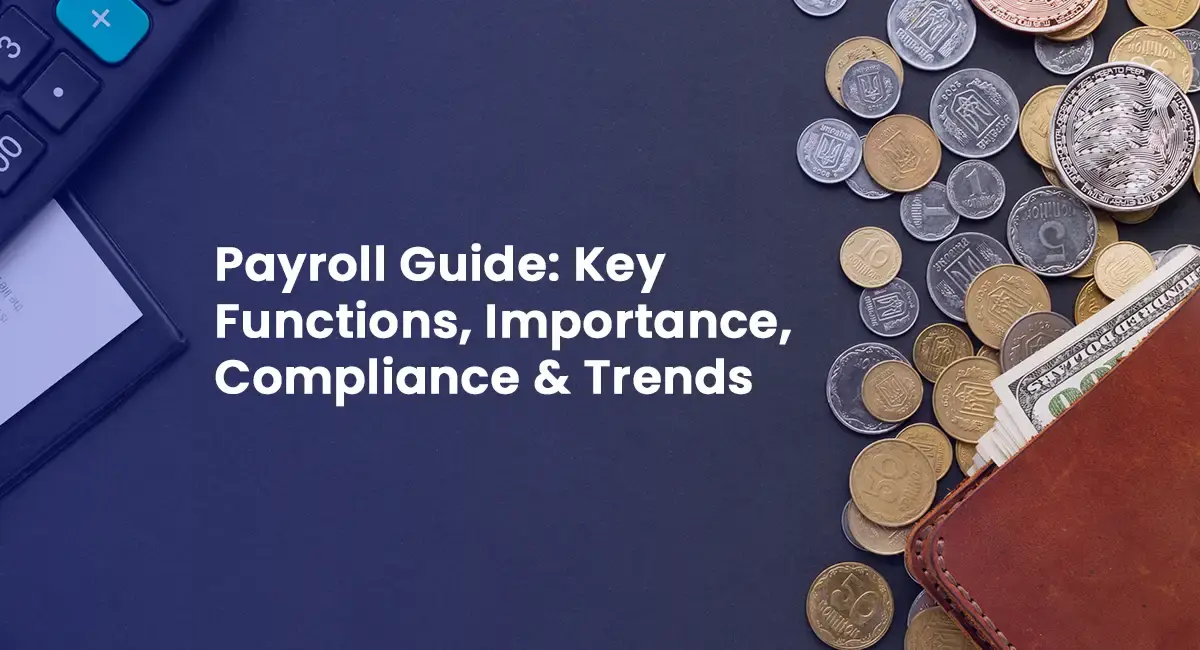Payroll Guide: Key Functions, Importance, Compliance & Trends Managing payroll is one of the most critical functions of Human Resources (HR) and finance departments in any organization. From calculating employee wages to ensuring compliance with tax laws, payroll plays a fundamental role in business operations. In this comprehensive guide, we will explore what payroll is, its key functions, and why it is crucial for HR management. We will also discuss payroll compliance, common challenges, and emerging trends shaping the future of payroll management. Whether you are an HR professional, business owner, or finance executive, this guide will help you understand payroll in depth. What Is Payroll? Payroll refers to the process of calculating, distributing, and managing employee compensation, including salaries, wages, bonuses, and deductions. It ensures that employees are paid accurately and on time while maintaining compliance with labor laws and tax regulations. Payroll is a crucial function in any organization, as it directly affects employee satisfaction, company finances, and legal compliance. An efficient payroll system not only streamlines payments but also enhances workforce productivity and morale. Key Payroll Terms Gross Pay: The total earnings before any deductions. Net Pay: The amount an employee takes home after deductions. Payroll Taxes: Deductions including income tax, social security, and Medicare. Deductions: Other withholdings like retirement contributions, health insurance, and wage garnishments. Key Functions of Payroll A well-managed payroll system is responsible for multiple tasks that go beyond paying employees. Here are the key functions of payroll: 1. Employee Compensation Processing The primary function of payroll is to calculate and process employee salaries based on their working hours, contract agreements, or commission structures. This includes: Fixed salaries for full-time employees Hourly wages for part-time or contractual workers Overtime payments and bonuses 2. Payroll Tax Calculation and Compliance Organizations must withhold and pay payroll taxes in compliance with local labor laws. Payroll ensures: Accurate tax deductions from employee wages Timely remittance of taxes to government agencies Compliance with labor laws to avoid penalties 3. Benefits and Deductions Management Payroll integrates with employee benefits programs, managing deductions for: Health insurance and retirement contributions Bonuses and incentives Voluntary deductions like savings plans 4. Record-Keeping and Reporting Payroll departments maintain detailed records of employee compensation, tax filings, and benefits, ensuring transparency and compliance with labor regulations through HRMS payroll solutions. This data is essential for: Internal audits Tax reporting and filings Employee financial documentation 5. Payroll Compliance and Legal Adherence Payroll professionals must stay updated on labor laws to ensure fair wage payments, tax deductions, and statutory benefits. This includes: Minimum wage laws Overtime regulations Data protection and confidentiality Why Payroll Is Important in HR Management Payroll is a key component of HR because it directly influences employee morale, financial planning, and company compliance. Here’s why payroll is crucial: 1. Ensures Employee Satisfaction Employees expect timely and accurate payments. A well-functioning payroll system: Boosts employee trust and motivation Enhances productivity and loyalty Reduces complaints related to salary errors 2. Maintains Legal Compliance Payroll errors can lead to: Legal penalties for tax non-compliance Labor law violations and lawsuits Reputational damage for the company 3. Improves Financial Planning Accurate payroll records help businesses: Forecast labor costs Optimize budgeting for salaries and benefits Make informed financial decisions 4. Supports Business Growth A structured payroll system ensures that: New employees are on boarded smoothly Payroll scalability matches business expansion HR teams focus on talent management instead of payroll issues Payroll Compliance: What Businesses Need to Know Payroll compliance refers to adhering to labor laws, tax regulations, and employee benefit policies. To ensure compliance, businesses must focus on: 1. Tax Withholding and Payments Employers must deduct and pay: Income tax based on employee salaries Social security and health insurance contributions Pension fund deductions where applicable 2. Minimum Wage and Overtime Rules Every country has laws governing: Minimum hourly wages Overtime pay for extra working hours Holiday and leave entitlements 3. Data Security and Confidentiality Payroll involves sensitive employee information. Organizations must: Use secure payroll software Ensure compliance with data protection laws Limit payroll data access to authorized personnel 4. Payroll Record-Keeping Government regulations require businesses to maintain payroll records for a specific duration. These records should include: Employee payment history Tax filings and deductions Benefit contributions and bonuses Challenges in Payroll Management Even with automated systems, payroll management presents various challenges, including: 1. Tax and Compliance Risks Staying compliant with ever-changing tax laws can be complex. Errors in tax filings can result in penalties and legal consequences. 2. Payroll Processing Errors Manual errors in payroll can lead to: Incorrect salary payments Tax miscalculations Delayed wages and employee dissatisfaction 3. Managing a Remote Workforce With the rise of remote work and global hiring, payroll teams must handle: Different tax regulations across countries Currency exchange complexities Varying benefits and compensation structures 4. Data Security and Fraud Risks Payroll fraud and cyberattacks are major risks. Businesses must implement secure payroll processing systems to prevent data breaches. Future Trends in Payroll Management Payroll management is evolving with technology and automation. Here are the emerging trends shaping the future: 1. Payroll Automation and AI Integration AI-powered payroll systems can: Automate tax calculations and compliance checks Detect payroll discrepancies Reduce manual errors and processing time 2. Cloud-Based Payroll Systems More companies are adopting cloud-based payroll platforms for: Easy access to payroll data from anywhere Enhanced security and data backup Scalability for growing businesses 3. Real-Time Payroll Processing Unlike traditional monthly payroll cycles, businesses are shifting to: Instant salary disbursements On-demand payments for gig workers Flexible payroll scheduling 4. Integration with HR and Accounting Systems Modern payroll software integrates with HRMS and payroll software for employee benefits and leave tracking: HR management tools for employee benefits and leave tracking Accounting platforms for financial reporting and audits Conclusion Payroll is more than just salary processing—it’s a critical function that ensures employee satisfaction, legal compliance, and financial stability. A well-structured payroll system helps businesses manage compensation efficiently, reduce compliance risks, and streamline HR operations. As payroll technology continues to

